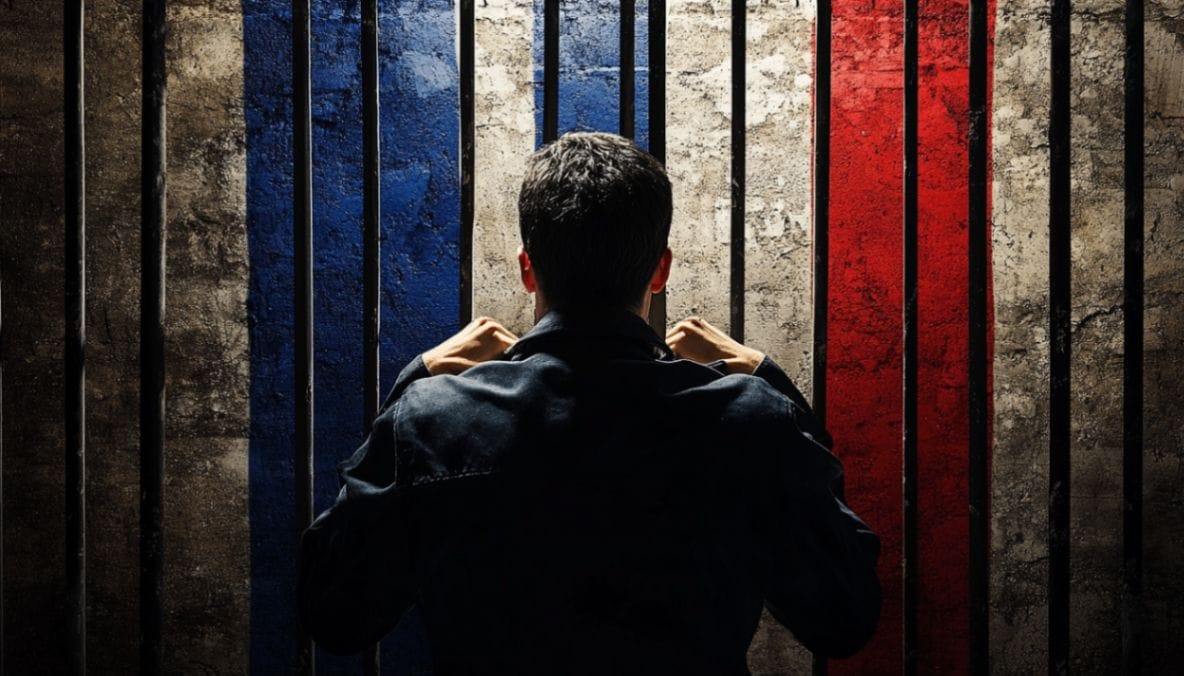Cryptocurrency news outlet Telegram is facing scrutiny after its CEO Pavel Durov was arrested in Paris. The platform defended its moderation practices, stating that it abides by EU laws and constantly improves its standards. Durov, who holds dual citizenship with France and the United Arab Emirates, was detained at an airport over the weekend upon his arrival from Azerbaijan. While the investigation into Telegram’s content moderation practices continues, the platform’s associated token, Toncoin, has plummeted in value, sparking further concerns.
French authorities extended Durov’s detention for up to 96 hours, signaling a detailed investigation into the allegations against him. The Russian Embassy in Paris has requested an explanation from the French authorities and emphasized the importance of protecting Durov’s rights. This arrest has sparked debates about the balance of free speech, privacy, and content moderation on online platforms. Critics argue that Durov’s detention sets a dangerous precedent for internet freedom, while others believe it highlights the need for stricter regulations on platforms like Telegram.
Durov, with an estimated net worth of $15.5 billion, has a history of clashing with governments over data privacy and censorship issues. In 2014, he left Russia after resisting government demands to censor content on his previous social media platform, VK. Durov’s refusal to cooperate with the Russian government led to his departure from the country and the creation of Telegram, an encrypted messaging app. Despite these challenges, Durov remains committed to maintaining Telegram as a neutral platform and upholding user privacy.
The arrest of Pavel Durov has raised concerns about the future of Telegram and the broader implications for online platforms. With nearly 1 billion users, the encrypted messaging app has significant influence in regions like Russia, Ukraine, and former Soviet republics. As the investigation into Telegram’s content moderation practices continues, stakeholders are closely monitoring the situation for potential regulatory changes and its impact on internet freedom. Durov’s steadfast commitment to privacy and free speech underscores the ongoing challenges faced by tech companies operating in a complex regulatory landscape.
As discussions around internet freedom and content moderation intensify, the case of Pavel Durov and Telegram serves as a focal point for the broader debate. The complexities of balancing privacy, free speech, and regulatory compliance pose significant challenges for platforms like Telegram operating in multiple jurisdictions. With Durov’s detention drawing attention to these issues, the future of Telegram and its approach to content moderation will continue to be closely scrutinized by users, regulators, and industry observers. The outcome of this case could have far-reaching implications for the digital asset sector and the broader tech industry as a whole.










